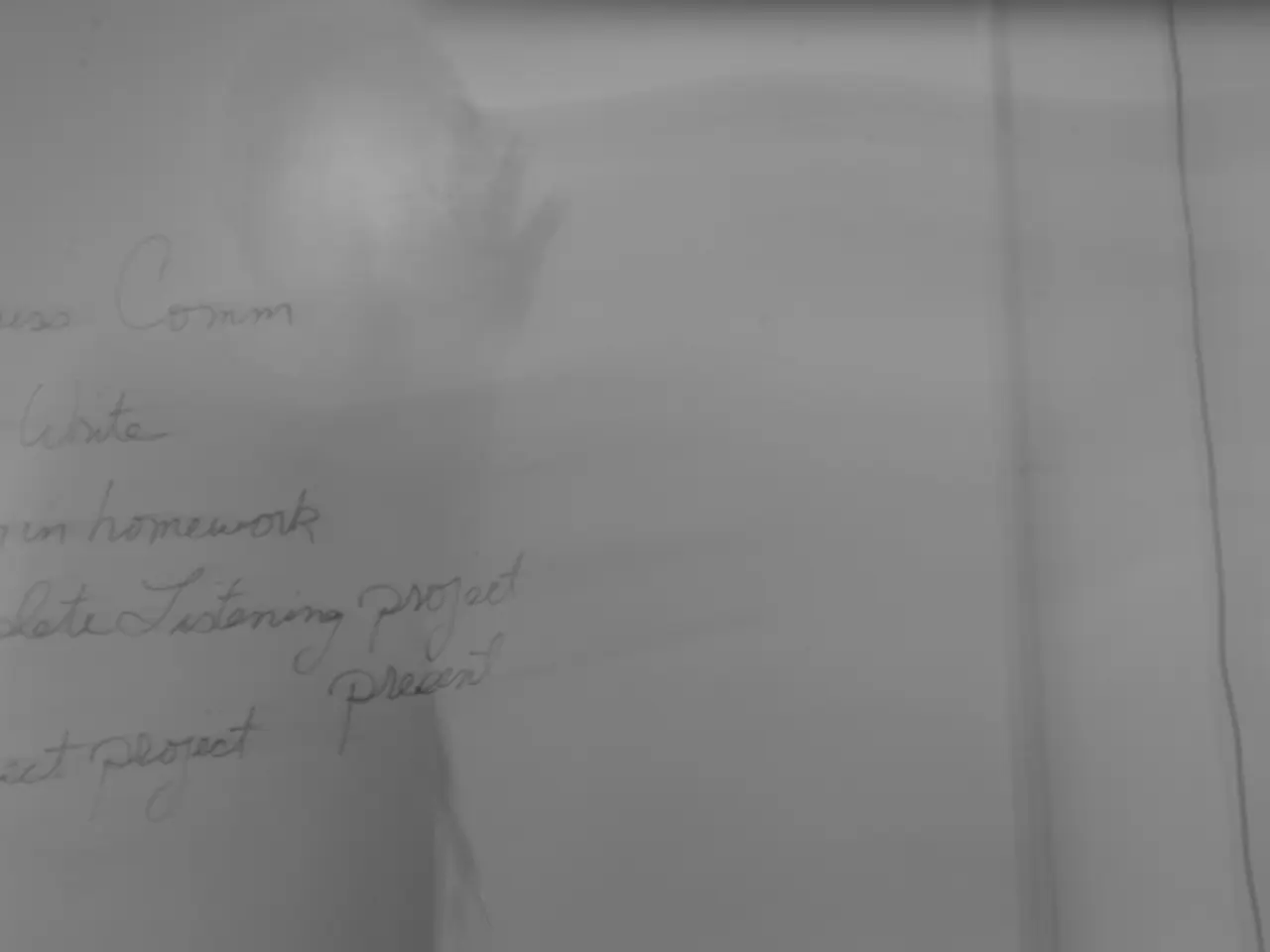Negotiations for a monumental agreement addressing plastic pollution persistently continue
In the heart of Geneva, the United Nations is currently hosting a meeting of 184 countries, aiming to discuss a treaty on plastic pollution. However, after a week of negotiations, the INC-5.2 session, which ran from August 5-14, 2025, concluded without an agreement.
The core dispute revolves around the focus of the treaty. A group of mostly oil-producing states, known as the Like-Minded Group, emphasizes the need for waste management, reuse, and improved design. On the other hand, the high ambition coalition, which includes developed countries, environmental advocates like the EU, and small island states, pushes for ambitious measures encompassing the entire plastic life cycle.
Key points of contention include the opposition of oil-producing states to strict limits on plastic production, aiming to protect economic interests tied to fossil fuel extraction and plastic manufacturing. The high ambition coalition, in contrast, seeks a treaty that targets both plastic production and waste management, aiming to halt the projected tripling of plastic production by 2060.
There is also disagreement on how binding and enforceable the treaty should be. The high ambition coalition seeks a treaty with strict, enforceable obligations, whereas some nations prefer a treaty with flexible or voluntary provisions.
Despite the deadlock, UN officials and the INC Chair expressed optimism that the process will continue with renewed commitment. The EU and other proponents continue to advocate for a comprehensive and legally binding treaty that targets both plastic production and waste management.
Notably, France's Ecological Transition Minister Agnes Pannier-Runacher called for the treaty to be legally-binding and address all stages of plastic's life cycle. She highlighted that 15 tonnes of plastic are released into the ocean every minute, equating to nearly 8 million tonnes per year.
As the deadline for reaching an agreement on the treaty approaches in three days, observers note that the lowest-ambition countries are comfortable not budging, and some environmental non-governmental organizations are urging the ambitious majority to push for a vote instead.
Informal talks were held on Sunday to try to make progress, but no significant breakthroughs were reported. The negotiations remain ongoing but currently stalled, with the future of the global plastic pollution treaty hanging in the balance.
- The ongoing negotiations at the United Nations regarding a global plastic pollution treaty have become complicated due to disagreements over the treaty's focus, as some countries, like the Like-Minded Group, prioritize waste management and design improvements, while the high ambition coalition advocates for extensive measures encompassing the entire plastic life cycle.
- The high ambition coalition, consisting of developed nations, the European Union, and small island states, aims for a treaty that not only targets plastic waste management but also production, as they aspire to halt the projected increase in plastic production by 2060.
- As the deadline for reaching an agreement approaches, some environmental NGOs are urging the ambitious coalition to push for a vote, despite the lowest-ambition countries being reluctant to make changes. The future of the global plastic pollution treaty is uncertain, with the negotiations currently stalled.




